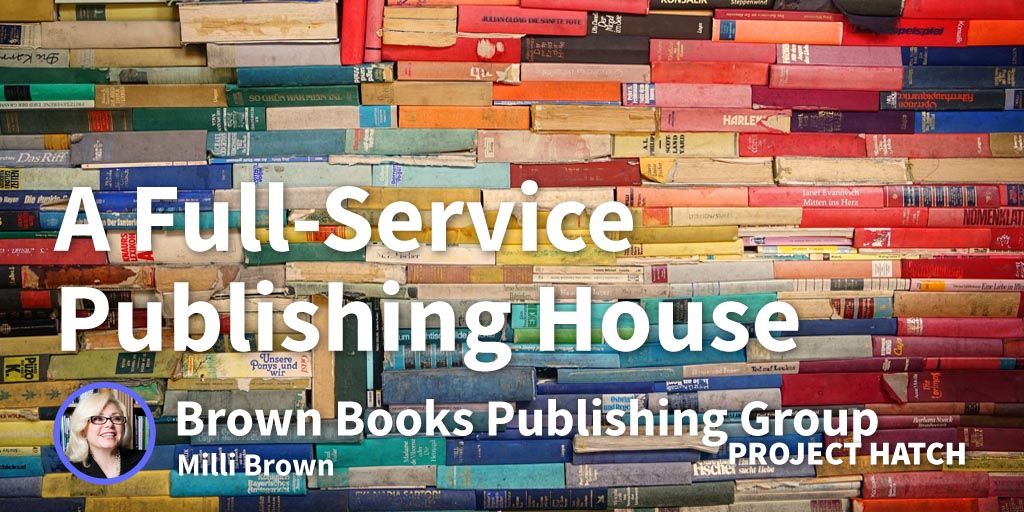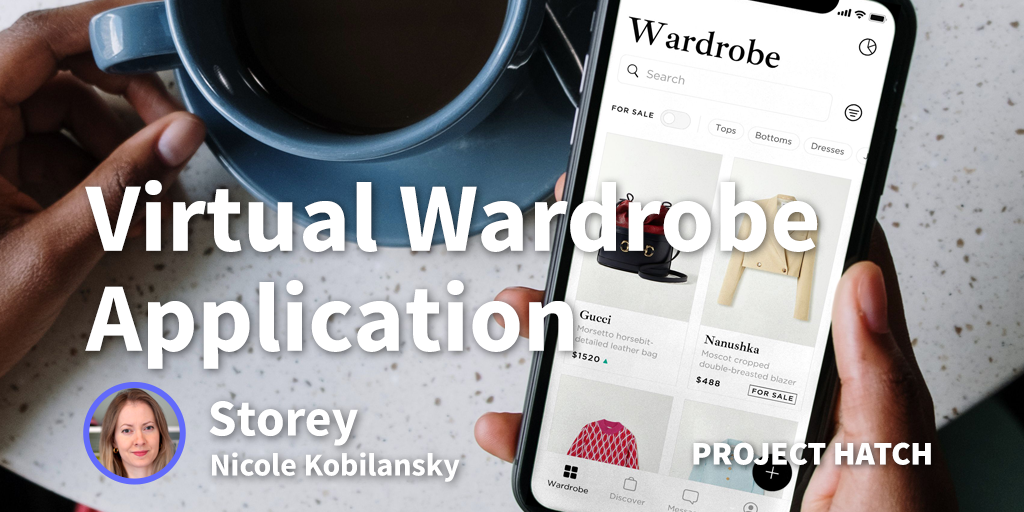I will say that Brown Books is recognized as one of the most successful independent publishing houses in the country. In 2020, Publishers Weekly named BBPG a Top-5 Fast-Growing Independent Publisher for a third consecutive year, which is based on sales.
This has never been done before. There truly is not another business model that is as lucrative to our authors than Brown Books.
Was it a lightbulb moment or a gradual moment to start Brown Books Publishing Group?
At the very early stages, well before Brown Books was founded, I was speaking to a gentleman about publishing. He had a contract from a traditional publishing house and I was able to review it. I was truly aghast. There is very little benefit for the authors ... they lose the intellectual rights and control, and their revenue share is insulting. It was such an egregious contract, and it just wasn’t equitable. I remember visibly cringing and insisting that surely no one actually signs this contract. With a look of resignation on his face, he just shook his head and said unfortunately, authors have little choice.
Until the 1990s, there weren’t any feasible options for authors other than signing on with a traditional publishing house. With traditional publishing houses taking the intellectual property away, I didn’t feel authors were being treated properly. I have always respected those who have the wherewithal to write and finish a book. The process is grueling, time-consuming, and most can’t do it. It was at that point I realized my life’s mission — to give authors a choice. The choice to keep the rights to their books. The choice in how the final product is presented to readers. The choice to keep the bulk of the revenue they worked so hard to earn.
The Brown Books experience is, and always will be, an author-first approach. Our authors are highly vested in the success of their book because it remains theirs after publishing — no one takes it away from them. The authors have someone to handle the publishing, and they concentrate on selling their books.
How did you get your first three customers?
It was the early 1990s, and I knew I needed to start from the ground up, take my time, and gain experience in publishing before jumping in headfirst. So, I started attending conferences, writer’s groups, exploring everything and anything that had to do with the publishing industry. At first, many were rude and dismissive. It took thick skin, but I shouldered on, networked, and met many industry professionals that were willing to tell me their story while giving guidance along the way.
It wasn’t long before I had new authors approaching me and asking me to publish their book. While I turned down several books that required a seasoned expert, I brought on a few authors I felt I could give their books the love and attention they deserved.
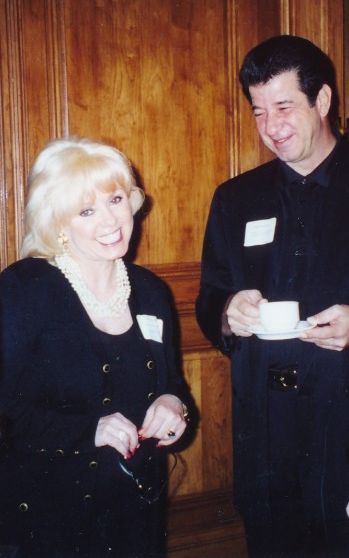
Before I even had distribution channels in place, Vinny Roazzi was an author referred to me by another client. After signing him on, we met at BookExpo in New York to promote his book, The Spirituality of Success: Getting Rich With Integrity. Vinny knew how and was willing to do this in the right way. He participated and engaged in book signings, trade shows, held an invitation-only cocktail party, and even bought the back cover of the BookExpo Daily. I really got lucky because, as a businessman, Vinny understood that his book was a product to be sold, and he was fully engaged in the process. He approached everything with that in mind. We were a solid team, and it was an incredible win for both of us. We sold the rights in twenty-six different countries. Teaming up with people who were business-savvy in the early days was key to my success. Because of the strategies we crafted together, I was able to use to benefit other authors down the road. It definitely got me to the next level. The next step toward Brown Books.
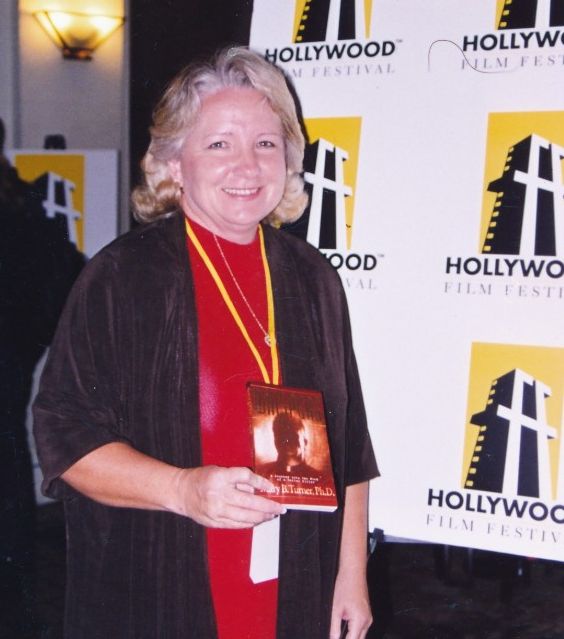
Another author that approached me before we had distribution in place was Dr. Mary Turner, author of Whispers of God. Without distribution, we had to push sales of her book on our own, and she was all-in when it came to getting her book in the hands of readers, even doing a photoshoot to aid in the creation of the cover, rather than using stock images. We went everywhere and talked to everyone about Whispers. Luckily, Mary was well-known in her field, as she often collaborated with the FBI on profiling serial killers, which gave her more credibility to write the book. The book soon became required reading in at least two criminal psychology courses, recommended reading in a third, and labeled a “must-read” by the chief psychiatrist at a state hospital for the criminally insane. Whispers also achieved a #1 rating in Texas on Amazon and went on to win first prize at The Hollywood Film Festival (Opus Magnum Discovery Award).
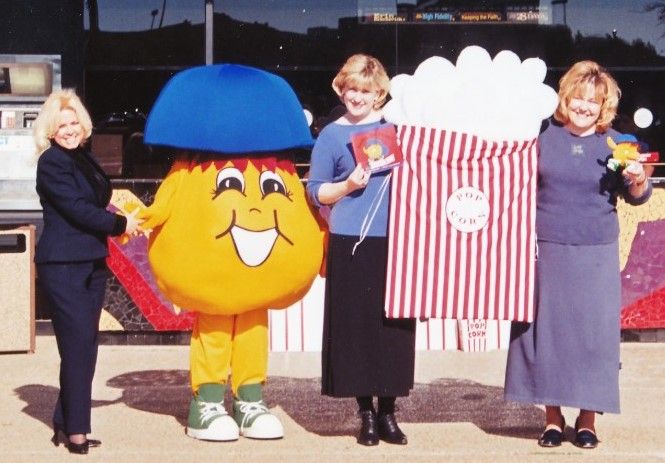
As the authors I was working with continued to grow, I branched out and published our first children’s book, Kerbie the Kernel, written by sisters, Pam and Sheri Schoenecker. To promote their book, a delightful story about a kernel of popcorn, they created a Kerbie the Kernel mascot who made his national TV debut in the Macy’s Thanksgiving Parade. Their press kit was a popcorn box containing a Kerbie the Kernel book and a sing-along tape. They traveled everywhere with their book, and Kerbie made appearances at numerous popcorn festivals. What made this book such a success was the author’s willingness to promote their book with us. I cannot tell you how much that helps.
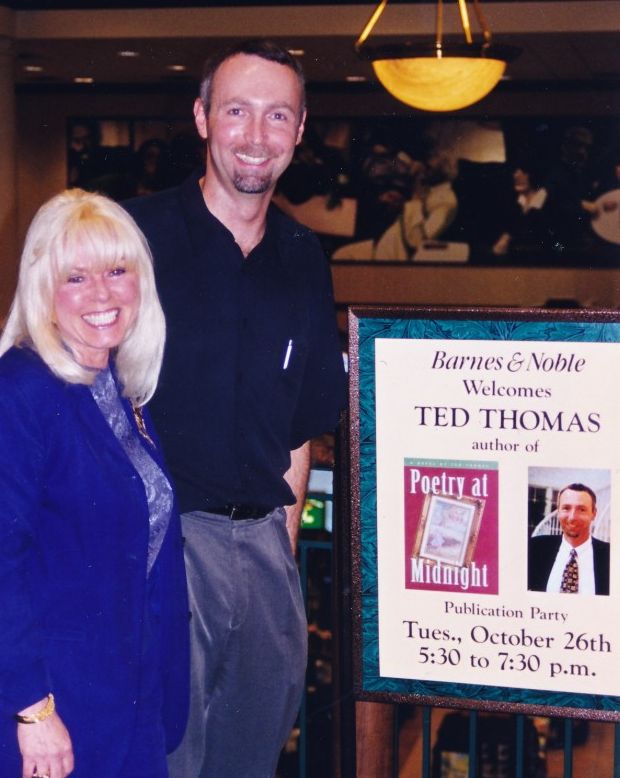
One of our big winners early on was Poetry at Midnight by Ted Thomas, an engineer at Texas Instruments. Poetry at Midnight won the Writer’s Grand Prize Award, which was a great accomplishment. Brown Books authors from all over the country flew in to attend our newly formed Brown Books Authors Guild and cheer and clap as Ted accepted the award during a half-day celebration on Saturday. It was a great show of support, and it told me that I was on the right track ... it’s all about relationships.
How did you validate the idea?
Validation, for me, always comes from the success of the authors I work with. One of my early successes was Dr. Jeff Magee, author of Enough Already, Jeff’s first project with Brown Books. As it continued to be a success, he went on to publish an additional seven stand-alone books with us.
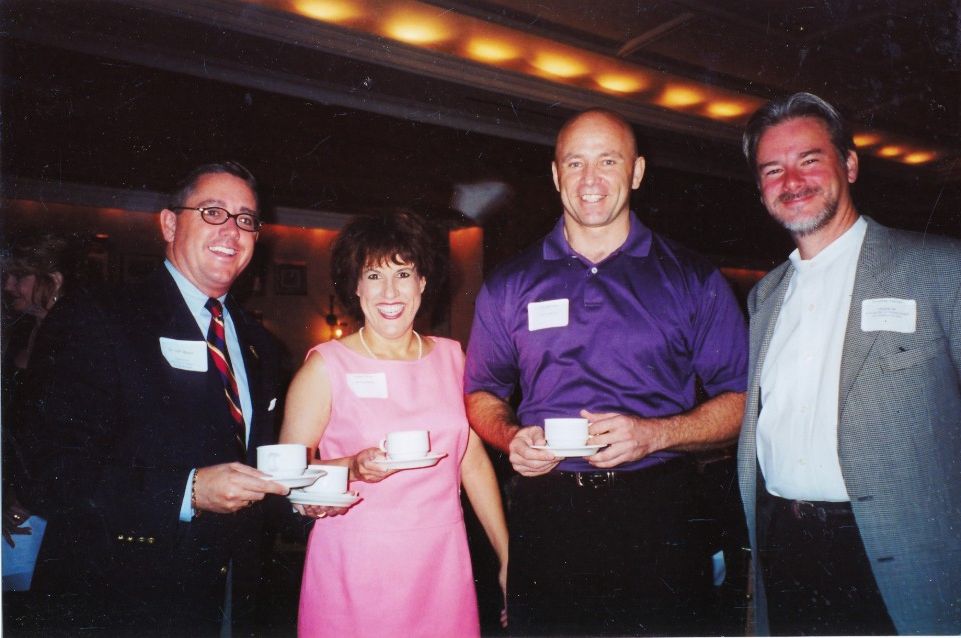
Jeff is now the author of more than 20 books, three college graduate management textbooks, four best sellers, and is the publisher of “PERFORMANCE/P360 Magazine,” former cohost of the national business entrepreneur program on Catalyst Business Radio, and has been called one of today’s leading “Leadership & Marketing Strategists.” Jeff has been a great asset and continues to refer new business authors to us.
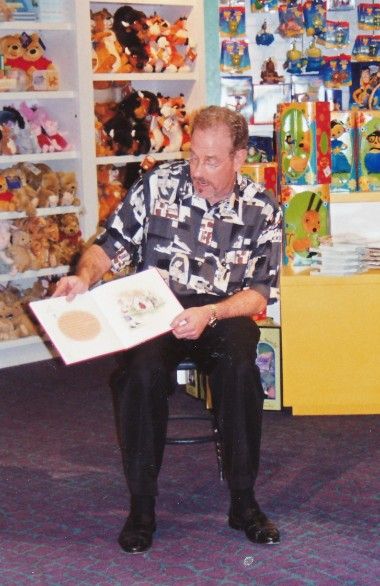
Another children’s book Brown Books published was Smart Little Saver, authored by an investment advisor and host of a weekly talk show, Matt Fuller. He wanted to teach his kids about saving money and found nothing on the shelves at his local bookstores. So he wrote Smart Little Saver — a storybook about money and the importance of saving. We secured an appearance for Matt on QVC just two weeks before Christmas. We created a piggy bank with coin slots for different savings to sell along with the book. The timing was perfect, and the book really took off, resulting in an invitation to appear on CNBC’s “Power Lunch,” a feature story in Registered Representative, a book review in Kiplinger’s Magazine, and an invitation onto the bookshelves of FAO Schwarz stores nationally.
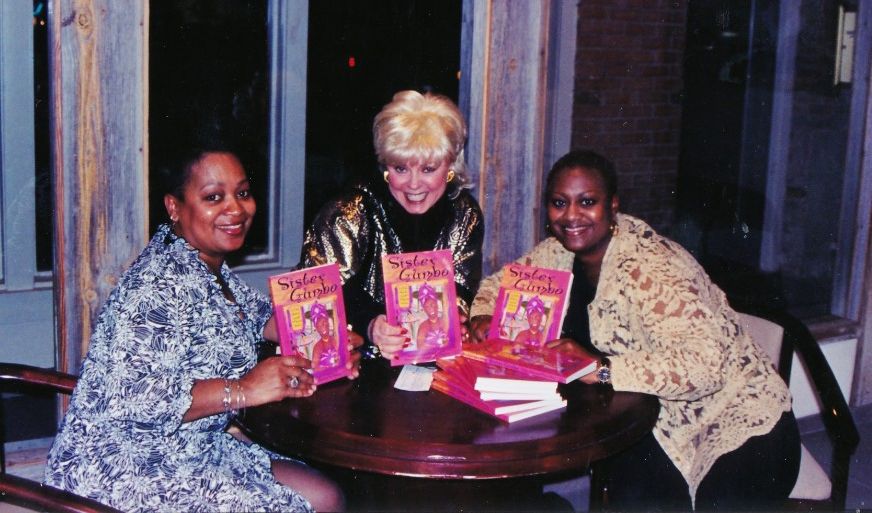
Authors Ursula Inga Kindred and Mirranda Guerin-Williams were particularly excited when they were approached by a literary agent for their book, Sister Gumbo: Life, Sex, and More Sex, an entertaining collection of sometimes racy and always amusing stories. After being approached by a literary agent, a bidding war soon ensued from numerous royalty publishers, including Crown Books, Random House, and St. Martins. They ultimately went with St. Martins for a two-book deal. The sisters were ecstatic, and I was happy for them. It was a significant accomplishment for us all.
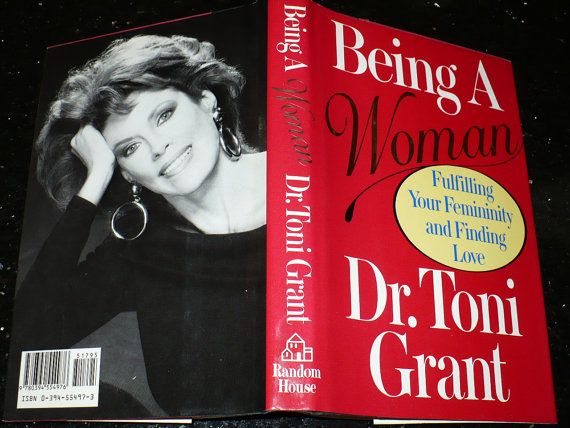
Dr. Toni Grant, a nationally renowned radio psychologist and author of the New York Times best seller, Being a Woman, got her start on radio talk show host Bill Ballance’s “Feminine Forum.” She was soon given her own show, which was syndicated nationally in the early 1980s. The show was eventually heard on more than 180 stations and became one of the first psychological call-in shows. As her exposure increased, she realized how important it was to own the rights of her book, Being a Woman. At Random House, she had no control over her own intellectual property, so Toni decided to buy back the rights to her book and came to Brown Publishing. We updated Being a Woman and published it so she could sell it directly to the end user at her events and radio shows.
These are just a few success stories that validated the idea for Brown Books. For more than 25 years, we have continued to put our authors first, which is key to our Relationship Publishing® business model.
Did you have any experience/Expertise in publishing?
Before Brown Books was even an idea, my passion was helping families preserve their memories. So, I founded a company called Personal Profiles. I began interviewing family members for Personal Profiles to include in heirloom books that were only available to the family. These books were my first best sellers ... within their families, that is! However, as family members passed these books along, I kept getting asked about the possibility of getting them sold in local bookstores. It was usually grandmas who asked this of me, and I always replied, only half-jokingly, that if we were writing these books for the bookstores, we would have to add a bit of spice and a lot of sex. Then I would wink and watch the blush rise to their cheeks.
Have you raised any money? How much?
I have a strong aversion to borrowing money. I know a lot of you are rolling your eyes because you learned in business school how important it is to have a strong relationship with your banker. However, mentally, I just wouldn’t have been able to sleep at night with the stress of paying back loans, losing some control over the business, and having someone always looking over my shoulder. I would feel like the princess in the fairy tale, only with a penny under my mattress instead of a pea! My discomfort with borrowing money is as sensitive as hers was with garden vegetables. So, I started Brown Books without the aid of outside funding. I used my personal funds and profits from Brown Books to reinvest in its growth and grew it organically. While it certainly wasn’t easy, I have never borrowed one cent for the business, and I plan on keeping it that way.
What regulatory approvals did you have to go through?
Interestingly enough, I did not have any regulatory approvals to go through. Though it worked well for me, as a straight shooting and ethical independent publishing house, other publishers are taking advantage of the lack of oversight in the industry. There are hundreds upon hundreds of self-publishers that claim to have it all and try to pass themselves off as independent, hybrid and/or traditional publishers. There are big differences, and I encourage authors to do their due diligence before making a publishing decision. If a publisher is hawking their wares, consider that a red flag. A legitimate publisher will not do that. Look for access to traditional distribution. Distribution is a necessity for the success of your book and is not something to skimp on.
Who is your target demographic?
Our target demographic is very diverse because it varies and is based on the book we are promoting. We have books in all genres, which means we have experience in all genres.
What is the funniest/strangest customer request you’ve had?
About twenty years ago, we were hosting a launch party for Showing Up, a book of enlightenment and personal transformation authored by E. Stratton Horres Jr., an international attorney. In other words, a very professional, buttoned-up kind of guy. Since his passion is Egyptian culture (his book was even endorsed by Zahi Hawass, Egyptian archaeologist, Egyptologist, and former minister of state for Antiquities Affairs), he had a matching theme for the party with everyone in attendance asked to dress the part.
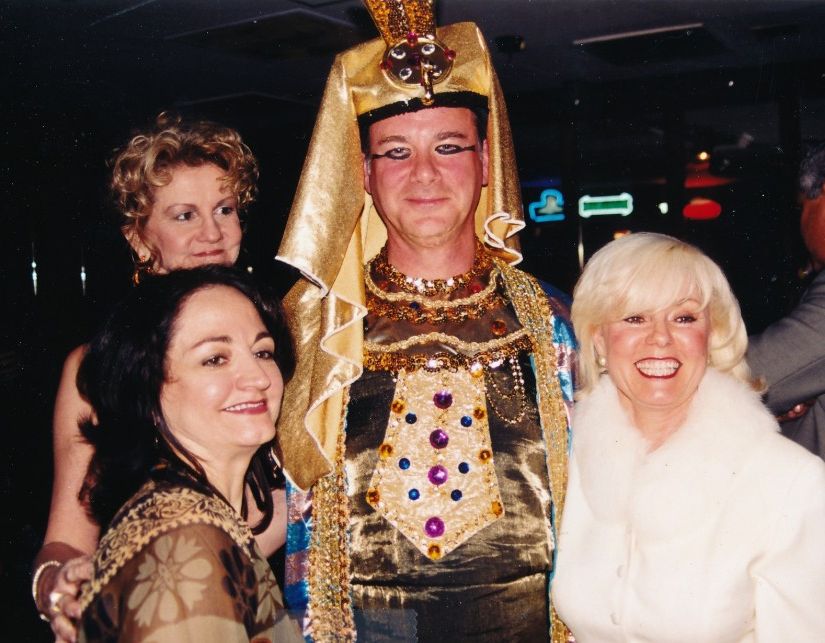
The party was fantastic, with Egyptian goblet drums and belly dancers for entertainment. I was the first person to arrive, and when Stratton greeted me, I was shocked. There was my author with heavy eyeliner, headpiece, long masculine skirt, and elaborate and ornamental pendants attached to his belt. There was no sign of the debonair Stratton that I knew. It was surreal.
Any tips for finding first employees?
First employees for any start-up, whether they work for a Bill Gates in his garage or a Mark Cuban before the sharks start circling, need to be committed to the mission, ready to do all that it takes to make that mission happen. They need to be as enthused and excited as the founder. Employees of a start-up aren’t there for the perks (they aren’t there yet), and they are not necessarily there for their career (extremely risky). They have to be there because they believe in the vision and want to take part in making it come to life.
Did you run any companies prior?
When I was in my twenties, I left the corporate world to become a franchisee of a little-known company called Weight Loss Medical Centers of America, which eventually became Nutrisystem, one of the largest international franchises in the world. It was my first foray into owning a business and being responsible for my own success, as well as for my employees. It was a nice point-of-entry because they had a structure in place for me to step into. I was one of their first franchisees, and I was really able to stretch my wings. Eventually, I was the top franchisee in the country, and they started sending new franchisees to me for training. When I retired, they offered me a leadership role with corporate, but moving to Philadelphia was a deal breaker for me.
What were your family’s and friend’s first thoughts on your company??
Initially, people in the publishing world were dismissive and some, to this day, still are. My friends and family didn’t give much feedback because they knew that if I wanted to do something, I was going to do it. They also knew that if I set my mind to something it would be successful. And they were right. Brown Books is changing the face of publishing.
What motivates you when things go wrong? What is the end goal?
The one thing I love about being older is knowing that things don’t go wrong forever. If you keep a positive attitude rather than throwing a pity party, there is something right just around the corner. So, when things go wrong, you have to work hard and fix it. My MO whenever things go really wrong is to take a day to let myself grieve, to own my part in the problem, feel it, and then to move on.
Do you have any advice for someone just starting out?
There isn’t any advice I could give that would apply right across the board. For instance, for someone like me, it is important to do your due diligence, think it through, and, if it feels right, do it. Make it happen. True entrepreneurs have to be their own champions. It is up to you to make your vision work, regardless of the odds. Most people take more time to move toward their goals than I do, and anybody setting out to achieve a goal will encounter naysayers. Just keep your eye on the prize and drive toward it.
What has driven the most sales?
When I was starting out, I was not that motivated to participate in social media. I really didn’t see the value. But little by little, I saw what it was doing for our authors. When social media was in its infancy, Stephanie Lisa Tara, author of I’ll Follow The Moon, would spend eight hours a day promoting her book on social channels. Initially, I scoffed. But when her book started moving up the charts, I started paying attention. I’ll Follow The Moon has now sold over 2 million copies. We published six additional books with Stephanie. So, I jumped on the bandwagon and created my social media platform. Now, I get as many leads from LinkedIn as I do from other sources. There is a built-in level of trust because they already have a connection they can see based on who follows you and who you interact with. Progressively, it has been a good connector for us, our current authors, and our prospective authors.
What is stopping you from being three times the size you are now?
I have grown the business very incrementally over the years. I am not a big gambler with so much at stake, so I move cautiously and slowly. And, because I don’t want to lose the personal connection I have with our authors, I am very deliberate in the direction the company is going. Authors come first at Brown Books. Everything else is secondary. I admire the people that can bet the farm and go for it in the biggest way. However, most of the time, they have to borrow a lot of money. I am not that person. I built a very stable company that is based on consistent and stable growth. That suits me and serves my authors in the best way.
Could Brown Books be three times the size we are now?
Sure, if I was a gambler. But then, while we could be much, much bigger, we could also be gone. Personally, I would rather have the staying power.
How do you protect yourself from competition?
This is sad, but the ethics in the publishing world are questionable. At Brown Books, we eliminate the guesswork. We are very open throughout the entire process, and our authors are part of our family. We put all of our energy into making our authors successful and, though it takes a lot of hard work and energy, their success means our success. It creates referrals, a second book, and additional prints. Most people don’t look as far down the road as we do. And, though the road isn’t an easy one, our big payday is when our authors are happy and have accomplished what they set out to do.
It is our job as a publisher to have good, longstanding, and successful relationships with buyers. We have to have a sales team that is able to communicate the commercial appeal of each book and highlight the public relation efforts that will help promote and sell the book. If our team at The Agency has a major article about to publish or an interview about to air when the book launches, we have to encourage the buyers to have orders already in place and books on the shelves for readers to buy when they see the media furor around the book. The bibliographic data for the book must be available on all retailers’ systems to make ordering the book easy.
As you can see, a lot of work goes into distribution. No other publisher of our size boasts a sales force as effective as BBPG’s. Our highly experienced team works directly with the largest book buyers, giving our titles global exposure and ensuring our books are on shelves at major retailers. This yet another distinction between Brown Books as an independent publisher versus self-publishers.
Do you have any trademarks?
I came out of the gate with New Era in Publishing® trademarked in 1994. It was a pretty bold statement for me to make. I didn’t care, because that is what I intended (and succeeded) in doing. I shook up the publishing world then, and I shake up the publishing world up now. I was a disruptor before the word was coined. It is in my blood. From the beginning, I set out to establish relationships with my authors. Relationships that extended beyond publishing their book. Relationships are our core value and putting authors first is the cornerstone of our Relationship Publishing® business model.
What are the top 3–5 apps your business could not run without?
The publishing industry is so desktop-driven and complex that app designers either have a hard time understanding it or simply discount it because of its complexity. Our go-to apps are our social media channels. Our authors couldn’t do without them, which means we can’t do without them either.
What are your favorite books?
Asking me what my favorite book is like me asking who your favorite child is. I love them all the same. Obviously, Brown Book authors will always be first, as I have an emotional tie with each book we have published.
Are there any releases you can tell us about?
We have a great roster of books coming out in Fall 2020 that everyone should be on the lookout for. A small sample of what’s headed your way:
- The B Words — 13 Words Every Woman Must Navigate for Success, by Tricia Kagerer
- The Gift You Give Yourself: Surgical and Other Choices that Enhance Your Appearance by E. Gaylon McCollough, MD, FACS
- Citizen Mack: Politics, an Honorable Calling by Senator Connie Mack
- It Happened Here by Richard Dresser
- Second Cousin Once Removed by Kenneth L. Toppell
- Catalyst by Tracy Richardson
- A Hui Hou: Until We Meet Again by Ashley Bugge and her three children
- Accused War Criminal: An American Kempei Tai Survivor by WWII veteran Fiske Hanley
Where do you see the company in five years?
In five years or less, I see Brown Books in the national stage, right alongside the top legacy publishers, the ones who have been around decades longer than I have. I see The Agency at Brown Books as the go-to publicity firm for authors, regardless of where their book(s) were published. Just like the “Cheers” soundtrack, I see Brown Books in a place “Where everybody knows your name … ’’.
Would you ever sell?
My first feeling whenever I get this question is “No, absolutely not!” And, though I have no intention of now, or in the future, selling, realistically, I never say never. I live by the motto that anything is possible. And, as I get older, I realize not everything is black and white.
However, any prospective buyer of Brown Books would have to have the same values that we have. The “putting the author first” mentality is not something I will budge on.
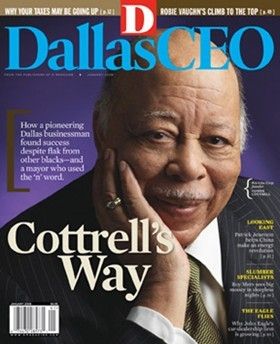
A lesson I learned, and still fall back on to this day, came from a good friend of mine, Comer Cottrell. Comer was one of Dallas’s most influential and successful African American businessmen. He founded Pro-Line, which struck gold in 1980 when they were able to replicate the hairstyle called the Jheri curl. Pro-Line was his baby, much like Brown Books is mine. Comer had a powerful book he needed published, Comer Cottrell: A Story That Will Inspire Future Entrepreneurs. As part of the process, I interviewed Comer and got to hear the entire Pro-Line story directly from the horse's mouth. While interviewing him, he lamented on how painful it was to sell his baby and how it was the biggest regret of his life. The sale of his company had a significant, negative impact on him. I never want to experience that level of regret. When you are the founder of a company there is an emotional connection that cannot be denied and can never truly be severed.
| Company Name: | Brown Books Publishing Group |
|---|---|
| Founder: | Milli Brown |

